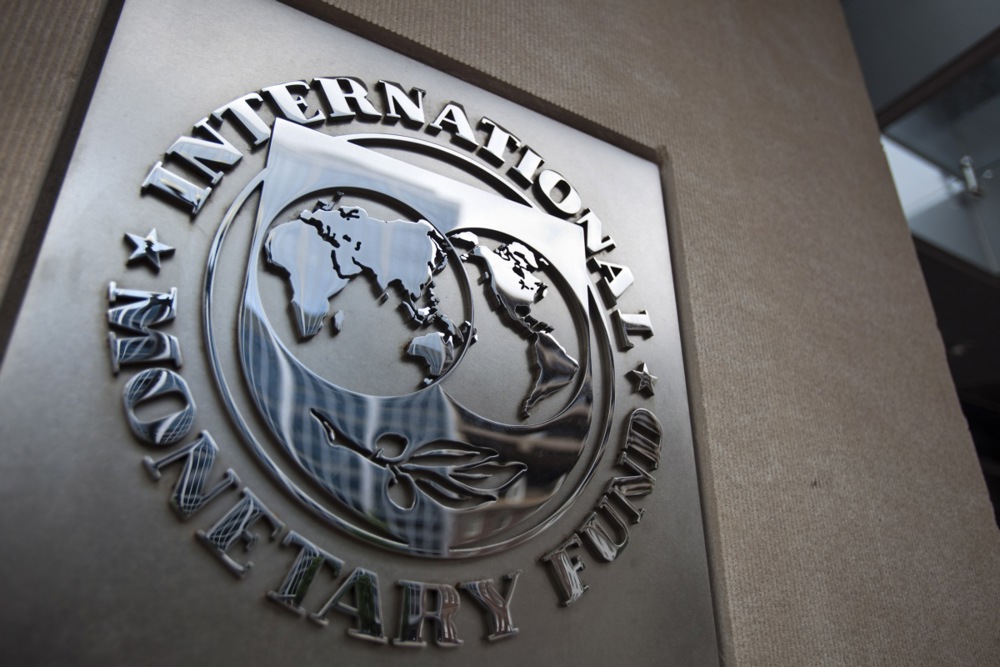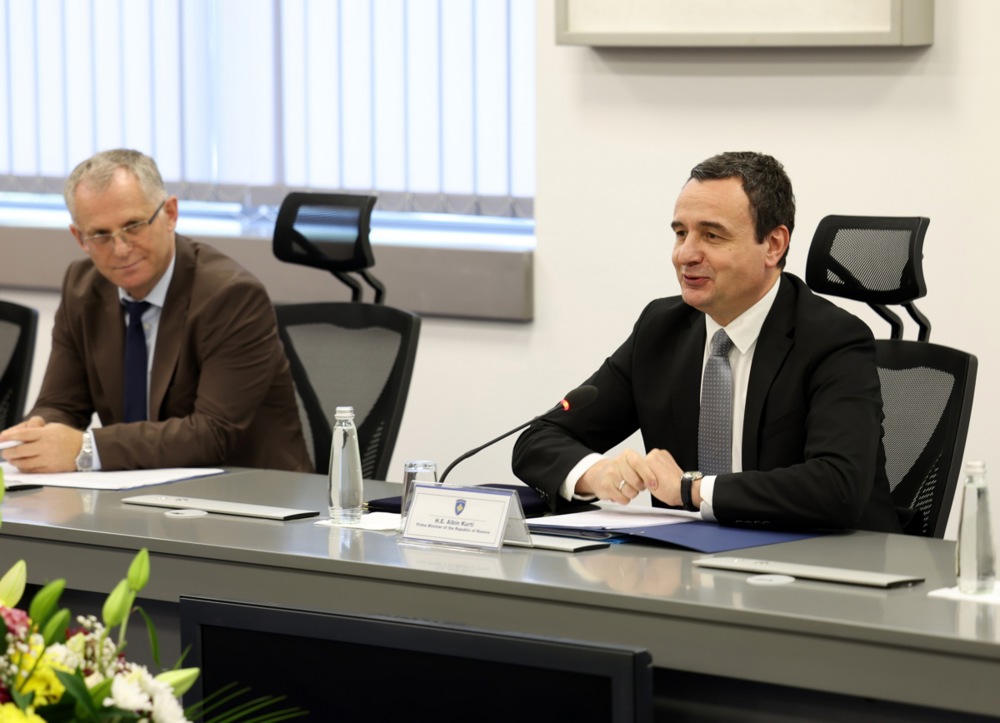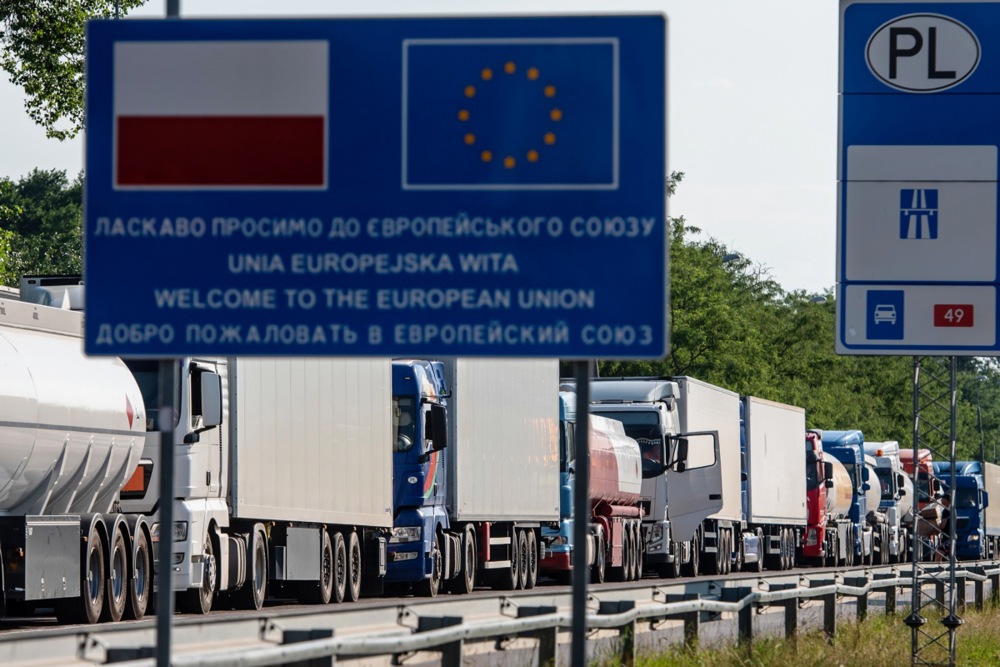The EU has come closer to building a pan-European digital identity network, though critics argue it has insufficient safeguards.
The proposal, for a European digital identity (or eID), creates one digital identification for people to access online services, recognised across Europe. As a “wallet”, people can use it to store digital versions of their driving licences, health records, and digital travel documents.
Negotiators from the European Council and European Parliament reached provisional agreement on the framework Wednesday.
This digital identification is “a key advance for the European Union”, which will let it be “a global reference in the digital field, protecting our democratic rights and values”, argues Nadia Calviño, Spain’s acting first vice-president and economy and digitalisation minister.
The framework sets out European requirements for web authentication certificates, to authenticate the websites’ legitimacy.
Participating in this “trusted and secure digital identity for all Europeans” is voluntary, stresses the European Parliament.
We did it! #Deal?
With the European Digital Identity wallet, all ?? citizens will be able to have a secured e-identity for their lifetime.
The wallet has the highest level of both security & privacy.
Giant step & a world premiere ! ? to my teams and both colegislators.#eID pic.twitter.com/LLylTyqKdq
— Thierry Breton (@ThierryBreton) November 8, 2023
The proposal marks an important first step towards the Digital Decade 2030 targets to turn public services digital, the European Commission reacted.
The legislative discussions also “strengthened the ambition of the regulation in a number of areas”, says the Commission.
The wallet will now have a “dashboard of all transactions” with the “possibility to report alleged violations of data protection, and allow interaction between wallets”, it adds.
People can also move any existing national electronic identities they have onto the wallet, the Commission notes.
But critics, including many conservatives, see the proposals as a first step to a Chinese-style all-knowing government that will endanger individual liberties.
Over 500 cybersecurity experts, researchers and NGOs signed an open letter a week before setting out harsh concerns over this European Digital Identity.
“We are extremely concerned that, as proposed in its current form, this
legislation will not result in adequate technological safeguards for citizens and businesses,” says the open letter.
In fact, it will very likely result in less security for all,” the experts warn.
The current proposal significantly broadens EU governments’ surveillance powers over their citizens and residents, they say.
This allows governments to intercept encrypted web traffic and weakens existing oversight mechanisms.
The regulation’s Article 45a lets each EU member “designate cryptographic keys for which trust is mandatory; this trust can only be withdrawn with the government’s permission”.
This means “any EU member state or third-party country acting alone can intercept the web traffic of any EU citizen without effective recourse,” say the experts.
They are also concerned that decisions crucial for citizens’, businesses’, and governments’ privacy and security are being “behind closed doors in trilogue negotiations without public consultation of experts”.
This ID will make citizens depend on “a digital green light to still be allowed and able to be a free citizen,” argues Gerolf Annemans, a Belgian lawyer and MEP for the Vlaams Belang party.
A Dutch MEP, Michiel Hoogeveen from the JA21 party, calls it “yet another solution in search of a problem”.
“Which citizen on earth asked for such a ‘European Digital Identity’?” he asks.
A post by his party colleague Rob Roos calling on citizens to tell their MEP they oppose the proposal went viral, reaching 2.3 million viewers in less than a day.
? BREAKING: Very bad news. The European Parliament and Member States just reached an agreement on introducing the Digital Identity, #eID.
Directly afterwards, #EU Commissioner Breton said: "Now that we have a Digital Identity Wallet, we have to put something in it…",… pic.twitter.com/SVC5exas9b
— Rob Roos MEP ?? (@Rob_Roos) November 8, 2023
The digital wallet will “entail everything the government wants to know about you”, says Dutch commentator Eva Vlaardingerbroeck.
“And of course, it’s all “voluntary” for now. Until it’s not,” she adds.





